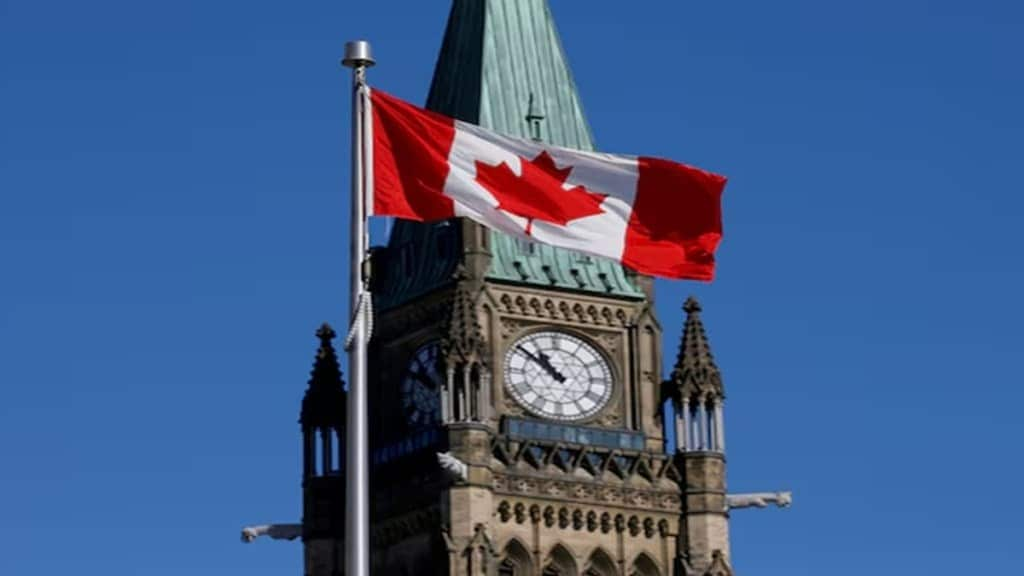The resignation of Justin Trudeau as leader of the ruling Liberal party has ignited debate among immigration experts over the future of overseas students in Canada. Trudeau’s government created numerous possibilities for students, visitors, and parents of students to live in Canada. Many experts saw Trudeau’s reign as a golden moment for overseas students, notably Indians, who benefited greatly from the open immigration policy.
“Canada consistently promoted multiculturalism and inclusivity, helping the country become one of the top destinations for international students in the last decade. Policies such as family reunification, simplified visa rules, and post-graduation work permits have not only opened doors for students but also significantly boosted the economy. In 2022, international students contributed approximately $40 billion (US$30 billion) to Canada’s GDP through their spending on education, housing, and local industries, says Sachin Jain, Country Manager at ETS India & South Asia.
Canada still has roughly 4.26 lakh Indian students, including new immigrants and those continuing their education. “Justin Trudeau’s resignation marks a significant political shift, and while it is too early to speculate on long-term implications, political changes of this nature are not uncommon in democracies, and education policies tend to remain stable,” says Siddharth Iyer, Chief Operating Office at OneStep Global.
“With 4,37,000 international student quota for 2025, Canada remains one of the largest international student markets globally. While leadership changes often spark questions, Canada’s reliance on international students for a skilled workforce will ensure policy stability for students pursuing priority occupational domains. Hence, Indian students aspiring to study STEM, Engineering, Healthcare and Management programs in Canada are unlikely to experience any major changes in either policies or work opportunities,” adds Jain.
Canada implemented several new rules for international students, particularly in 2024. Canada had cancelled the visitor-to-worker public policy, which has been used by bad actors to misinform and mistreat foreign nationals. Also, the additional points that candidates receive under Express Entry for having a job offer were removed.
“It is still too early to speculate on potential policy revisions. While Prime Minister Trudeau’s departure, combined with earlier policy adjustments, has raised some concerns among Indian families, Canada has consistently valued international students for their academic and economic contributions. We remain optimistic that the country will continue to keep its doors open for deserving students and provide them with meaningful education opportunities,” adds Iyer.
But, does Trudeau’s exit impact the prospects of students looking to start studies in 2025 after Trudeau’s departure? “Students aspiring to begin their education in Canada in 2025 should stay informed through official government channels and monitor policy developments closely to ensure a seamless study abroad experience. I would advise prospective students to focus on their preparation and applications with confidence, as any policy adjustments are likely to be gradual and considerate of the country’s reliance on international students for academic and economic growth,” says Iyer.
Canada also introduced new measures to address fraud in Canada’s Temporary Foreign Worker Program by tightening eligibility requirements for temporary foreign workers post-graduation work permits and work permits for spouses of international students and temporary foreign workers.
“While leadership changes can introduce adjustments, Canada’s core values of inclusivity and academic excellence remain strong. However, students should be aware of recent policy shifts such as the removal of the Student Direct Stream (SDS) program, which may result in longer visa processing timelines. Despite this, the fundamental eligibility criteria for study permits remain unchanged, as clarified by Canadian immigration authorities,” says Iyer.


